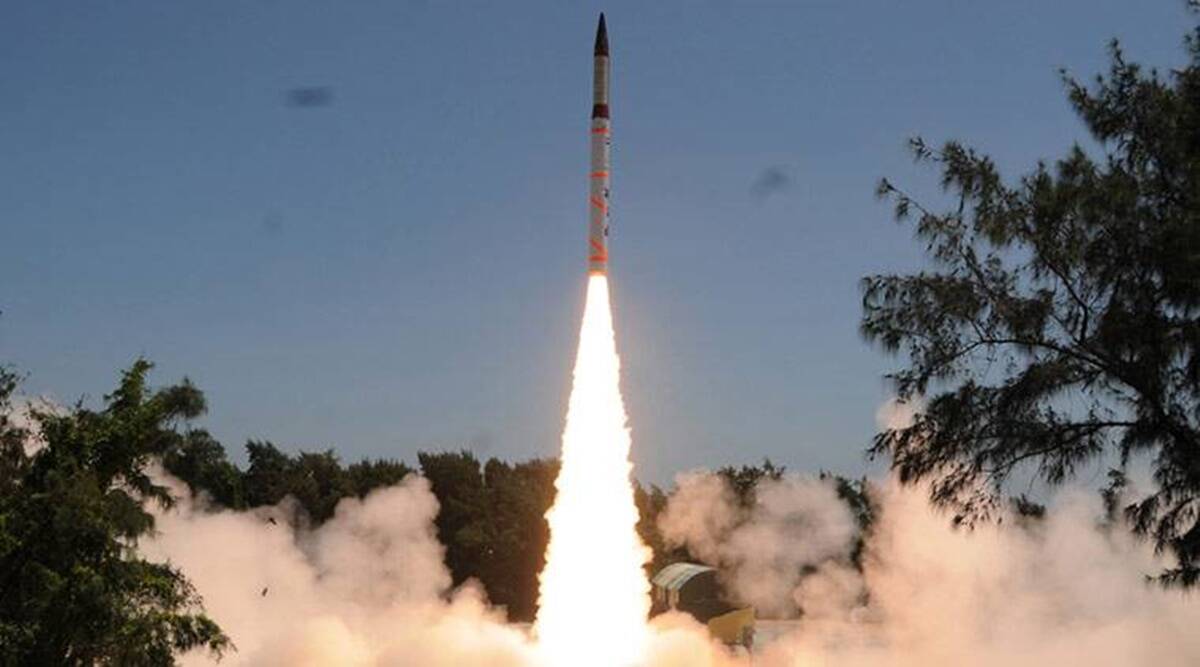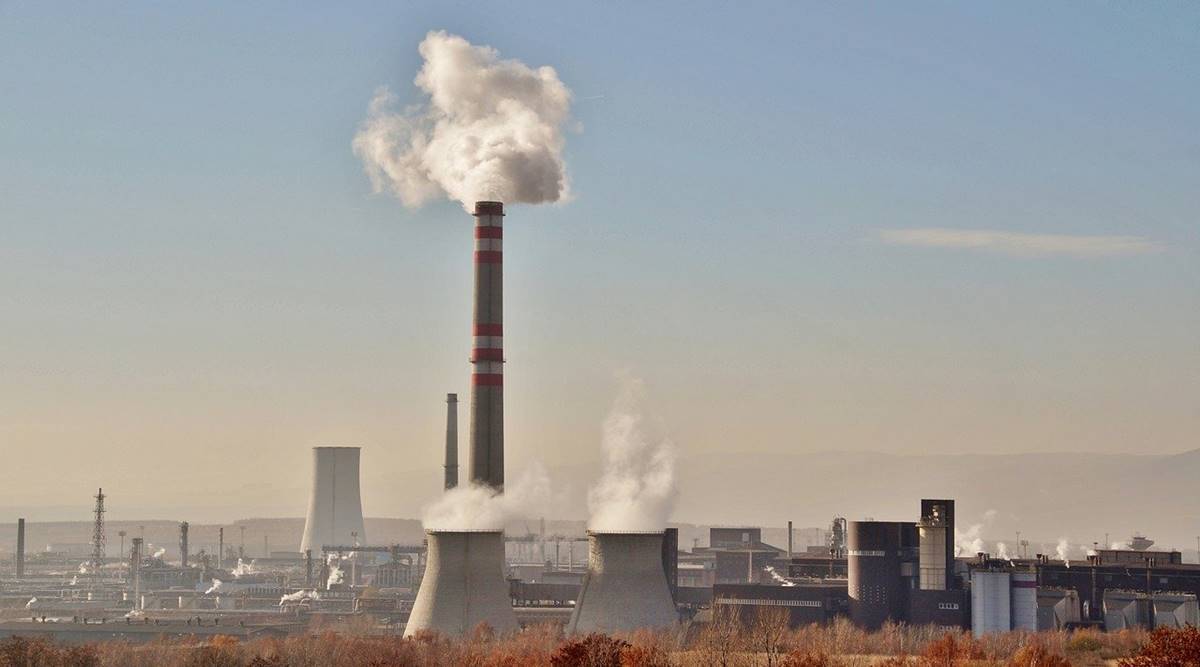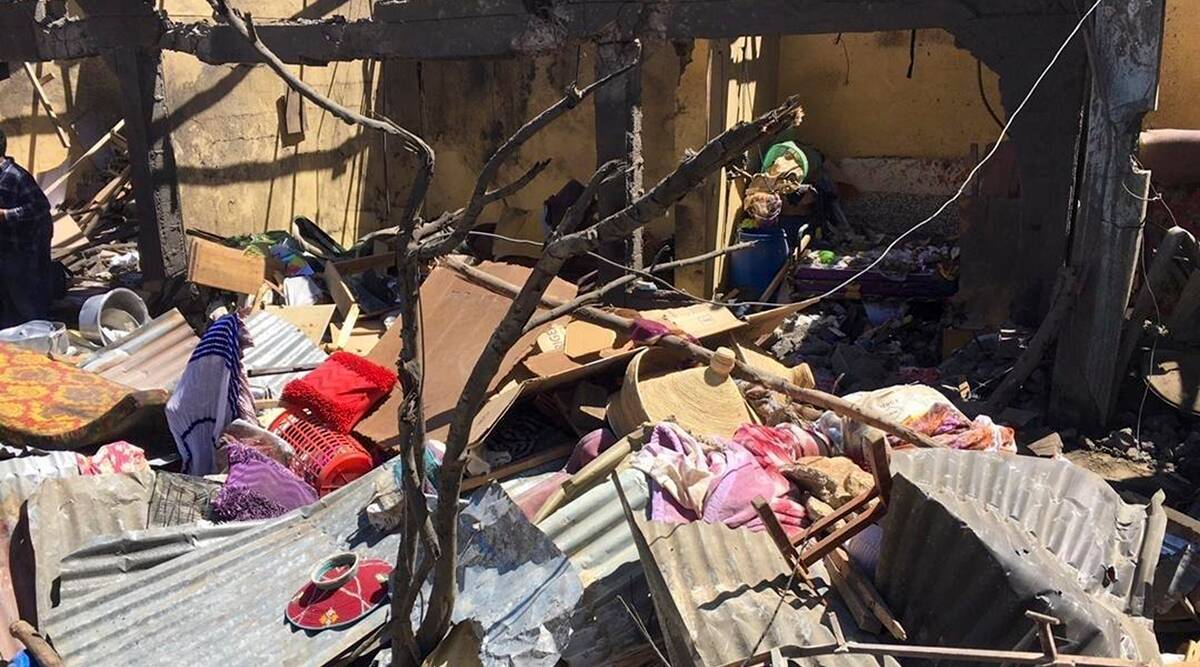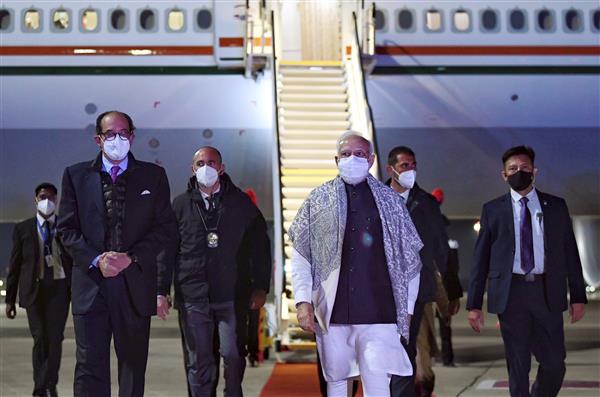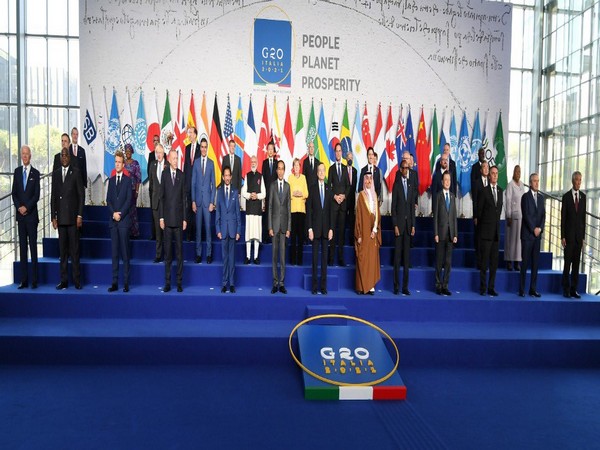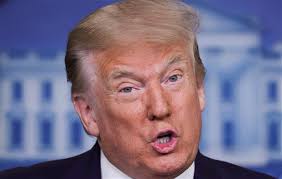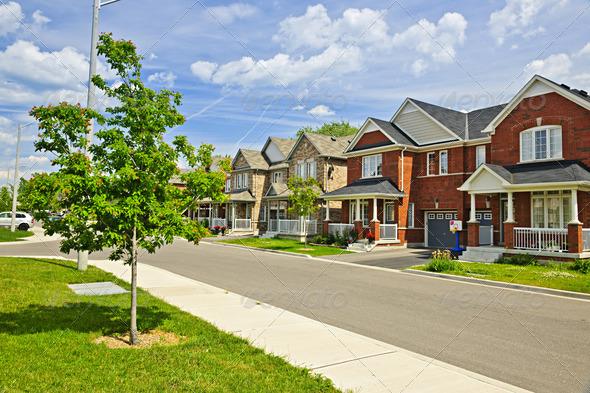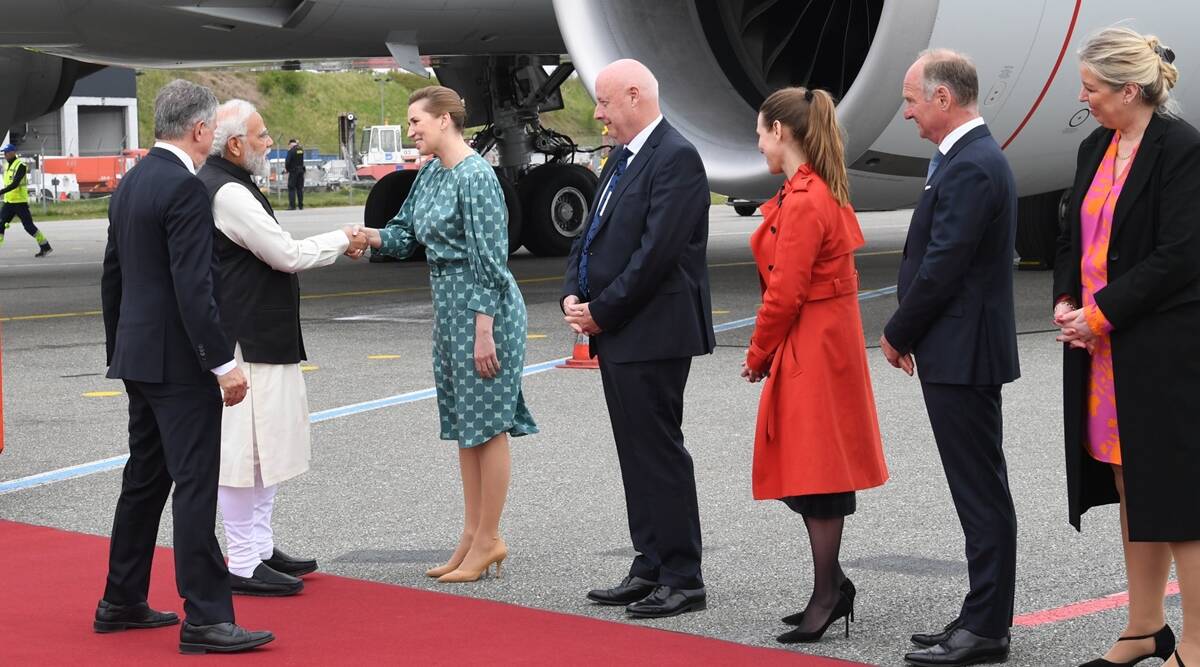
05/03/2022
New Delhi, May 3: Indian Prime Minister Narendra Modi said Tuesday that India has appealed for an immediate ceasefire in Ukraine. He made the statement at a press conference following his arrival in Denmark as a part of the second leg of his three-nation Europe trip. PM Modi was welcomed at the Copenhagen airport by his Danish counterpart Mette Frederiksen, and is expected to attend the 2nd India-Nordic Summit.
According to the Indian Media, Modi arrived in Copenhagen from Germany where he held detailed bilateral discussions with German Chancellor Olaf Scholz and co-chaired the India-Germany inter-governmental consultations. Before leaving Berlin, the Prime Minister tweeted that his visit to Germany was “productive”. Thanking the German government for their hospitality, the PM stated, “The talks with (Olaf) Scholz were extensive and so were the Inter-Governmental Consultations. I got a great opportunity to interact with business and Indian community leaders.”
Following his talks with German Chancellor Olaf Scholz, PM Modi Monday said, “there will be no winning party in this war, everyone will suffer”. Scholz said that he has invited Modi to the G-7 meeting which will be held in Germany in the last week of June. Next, PM Modi will travel to France and meet with President Emmanuel Macron on Wednesday.
On Sunday, newly appointed Foreign Secretary Vinay Mohan Kwatra said that Pm Modi will “exchange perspectives”on the “Ukraine issue” and strengthen bilateral partnerships during his three-day, three-nation visit to Europe. PM Modi's foreign visit includes about two dozen engagements across approximately 65 hours, official sources said. He will hold meetings, bilateral as well as multilateral, with world leaders from seven countries besides interacting with about 50 global business leaders.
Modi’s visit signifies the importance attached to India’s ties with Europe. For the past few years, Europeans have always felt that — as a whole — the Modi government gives more thrust to other strategic partners like the US, Japan and even Australia and the UAE, than Europe.
Germany is one of India’s most important partners in Europe, with deep bilateral relations, and also because of its key role in the European Union. India was among the first countries to establish diplomatic ties with the Federal Republic of Germany after WWII. India and Germany have a ‘Strategic Partnership’ since May 2000, and it has been strengthened with the launch of the Inter-Governmental Consultations (IGC) in 2011 at the level of heads of government. India is among a select group of countries with which Germany has such a dialogue mechanism. During Modi’s visit, the 6th IGC will take place, postponed from last year due to the pandemic.
Bilateral relations were elevated to the level of a “Green Strategic Partnership” during the Virtual Summit held in September 2020 between Modi and Danish PM Mette Frederiksen. Frederiksen was in India on a state visit from October 9 to 11, 2021, the first visit by a Head of Government following the pandemic.
The visit to France has been planned after President Emmanuel Macron was re-elected in a tough election. India and France have traditionally had close relations. In 1998, the two entered into a Strategic Partnership, with defence & security cooperation, space cooperation and civil nuclear cooperation being its pillars. India and France also have a robust economic partnership, and are increasingly engaged in new areas of cooperation.
